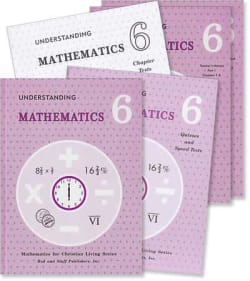Images
The ability to make wise financial decisions and to manage finances well is invaluable. Almost every occupation involves some recordkeeping. We all need God’s help to wisely manage the resources He gives us. This course is not about getting rich, but about tracking income and expenses. Accuracy is of utmost importance in recordkeeping and is stressed in this course. From writing checks and balancing a checkbook to double-entry business accounting, this course teaches principles of good stewardship that prepare students for further service to the Lord.
The textbook consists of three main parts. Personal Recordkeeping discusses basic forms and filing systems for personal banking, budgeting, borrowing, and paying taxes. Business Recordkeeping deals with records such as cash receipts and payments, sales, inventory, and payroll. Business Accounting teaches double-entry accounting, which involves debits and credits. It covers accounting forms and terminology, including ledgers, journals, and financial statements. Each main part of the textbook ends with a project that reviews all the skills taught in that main part, such as managing the finances of a family or keeping the records of a business for one month.
The pupil textbook and the teacher’s manual are hardbound. The workbooks have blanks and realistic forms to fill in. The test booklet has twenty-two tests on tear-out sheets, one for each chapter of the book. The teacher’s manual contains an introductory overview, suggested assignment schedule, and a copy of the workbook and test pages with answers filled in. (The teacher’s manual does not contain a copy of the student textbook pages.)
Recommended for use as a one-year course to be taken in the upper grades.
Similar resources
A full curriculum company for those coming from an Amish or Mennonite background.


Communicating Effectively Book 2

Communicating Effectively Book 1

A Time to Heal

Applying Mathematics

Mastering Mathematics













